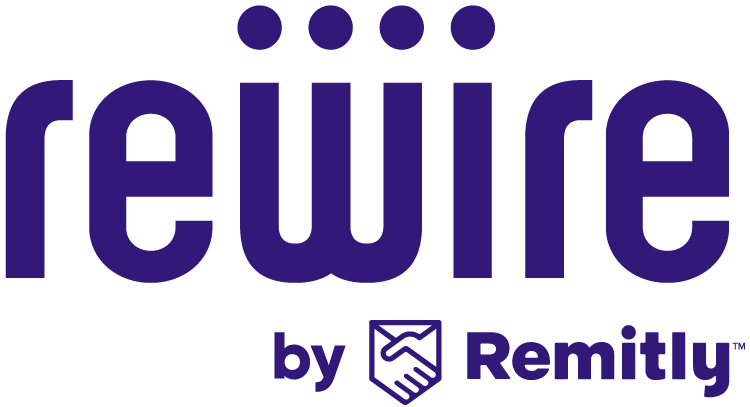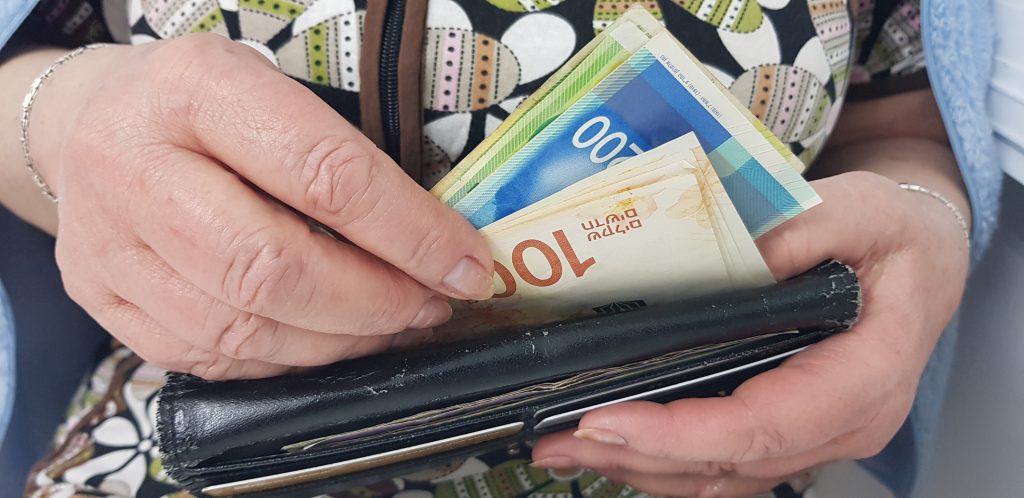When migrating to a new country, the first obstacle we encounter is the language barrier. The simplest form of communication easily gets lost in translation and you can often find yourself getting instructions on how to get to the nearest restroom when you were actually asking for directions to the bus station. It gets worse when you want to manage your money or send it home (don’t worry though, there are solutions tailored for this specific problem).
The point is, when migrating to a new country, you have to learn the basics. As a veteran Filipino expat currently living in Germany, I know how hard it is to adapt to a new country, a new language, and a new culture. Whether it’s German, Hebrew or even Yiddish (oh my!), it’s probably important to be able to communicate with the locals around you.
So I gathered up some tips and tricks to mastering a new language. While the examples I use are out of my own experience and illustrate how I learned German, these can definitely apply to any language learning process – Hebrew included.
Enrich your vocabulary
A good friend of mine, who migrated to Germany from Ukraine, learned the local language while building a house. She learned a lot of words that has to do with construction and engineering by reading newspapers and relevant magazines. While browsing the pages of a magazine (online or the old fashioned hard-copy version), you can discover new words and translate them into your native language. The most important tip here is to expand your vocabulary by reading about topics that you find interesting.
Be creative
There are a lot of ways to learn a new language. The secret is to be creative. For example, if you love to bake, you can associate your learning process with baking by checking out the recipes in the language you’re trying to master.
All the lists people out there – this one’s for you: List down 5 to 10 new words a day with their respective meanings. If you are a post-it freak, you can stick colorful post-it papers to objects around you until you know them by heart.
Use your talent
I know a guy who teaches Capoeira and uses his class to improve his language skills through interaction. When he doesn’t have classes, he goes to a German language course to learn grammar.
My favorite tip is: If you have a beautiful voice, learn some Hebrew lyrics and just sing along.
Write it down
When you want to say something, write it down first in the native language and read it over and over again aloud. One time, I wanted to borrow a charger from my father-in-law and had to write what I wanted to say and then literally practice it until I felt confident enough to ask for it in German. I did such a great job that he replied with a few sentences in German, which I did not understand. But, I nodded and smiled as I assumed he was talking about the charger.
Participate
Yes, I know, it’s super scary, and there might be some inhibitions. But don’t let those deter you from speaking out loud – in any language. Start small, by greeting people. In German, for example, you’d say: “Guten Tag,” “Guten Morgen,” “Guten Abend.” And in Hebrew, you’d say: “Boker tov,” “shalom.”
Little by little you’ll get the hang of it. While most Israelis can communicate in English, they do appreciate it when you speak their language, which can pave the way for meeting new friends.
There are numerous free courses and methods to gaining new language skills so whether it is Hebrew, German, Italian, French or Spanish, learning a new language can be fun. Also, it’s important to know that gaining language skills is a form of art – you constantly learn, discover and develop. If you persevere, soon enough you will realize that the local language is as beautiful as your native language.










